Could Your Duck Be Feeling Under the Weather?
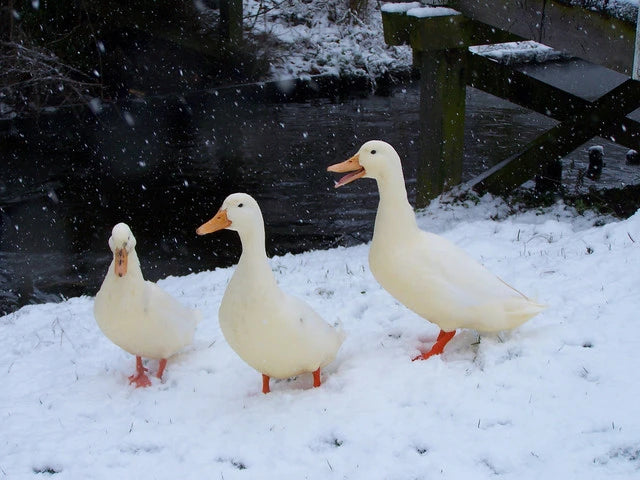
Ducks, known for their hardiness and resilience, are delightful creatures that bring joy to many. However, even these robust birds can sometimes feel under the weather. Ensuring their wellbeing involves a holistic approach, including a proper diet, clean drinking water, and adequate housing. This article delves into the essential aspects of duck care, highlighting common health issues and providing practical solutions to keep your ducks in top shape.
Understanding the Basics of Duck Care
Caring for ducks starts with the basics: diet, water, and housing. A proper diet for ducks is not just about feeding them; it's about understanding their nutritional needs. Clean drinking water is not just a necessity for survival, but also a critical component in preventing many health issues. And when we talk about good housing, we're referring to more than just shelter from the elements. It's about creating a safe, comfortable environment that meets all their needs.
Common Health Issues in Ducks
Ducks are generally robust, but they're not immune to health problems. Common issues often stem from environmental factors or dietary missteps. It's essential to be aware of these potential problems to act swiftly should they arise.
Nutritional Concerns and Solutions
Nutrition plays a pivotal role in a duck's health. Ensuring they're not consuming toxic plants is crucial. Changing feeds and checking for gullet blockages can also prevent many nutritional problems.
Addressing Lameness in Ducks
Lameness in ducks can arise from various issues, including injuries, vitamin deficiencies, or even improper handling. Understanding these causes is key to prevention and treatment.
Worm Infestations: Prevention and Treatment
Worms can significantly impact a duck's health. Recognizing symptoms and knowing effective treatments is vital. Consulting a vet for the right medication is often necessary.
Combating Lice in Ducks
Lice can be a nuisance for ducks. Spotting and treating these infestations early is important for your duck's comfort and health. Preventive measures, like regular dusting of the nestbox with louse powder, are highly effective.
Tackling Red Mite Issues
Red mite infestations can be detrimental to ducks, affecting their egg production and overall health. Regular checks and using mite-sprays are essential preventive strategies.
Infectious Bronchitis in Ducks
Infectious bronchitis, while rare in ducks, can still occur. Recognizing the symptoms and understanding its transmission can help in managing this disease.
Aspergillosis: A Serious Threat to Duck Health
Aspergillosis is a severe health threat to ducks, primarily affecting young birds. Prevention is key, as treatment options are limited.
The Role of Clean Housing in Duck Health
Clean housing is not just about aesthetics; it's about health. Regular cleaning and maintenance of duck housing prevent many health issues and create a comfortable environment for your ducks.
Safe Handling and Physical Care of Ducks
Handling ducks properly is essential to prevent injuries. Regular health check-ups and knowing when to consult a vet are crucial aspects of physical care.
Dietary Best Practices for Optimal Health
A balanced diet is crucial for duck health. Understanding their nutritional needs and avoiding common dietary errors can go a long way in ensuring their wellbeing.
Environmental Hazards and Duck Safety
A safe outdoor environment is as important as a nutritious diet. Identifying and mitigating potential hazards in their living space is vital for their safety.
Seasonal Care and Considerations
Duck care is not static; it changes with the seasons. Understanding these seasonal needs, especially in winter, is crucial for their health and comfort.
Engaging Your Ducks in Healthy Activities
Physical activity is as important for ducks as it is for humans. Providing stimulating and safe activities is key to their physical and mental wellbeing.
Frequently Asked Questions
1. How can I tell if my duck is not feeling well? Look for signs like changes in behavior, appetite, or physical appearance. Lethargy, lack of interest in activities, or unusual discharge from the eyes or nose can be indicators of health issues.
2. What should I do if my duck gets injured? Firstly, ensure that the injury is not life-threatening. Clean and disinfect any wounds and provide a safe, quiet space for recovery. If the injury seems severe, consult a vet immediately.
3. How often should I clean my duck's housing? It's best to clean your duck's housing at least once a week, with regular spot checks and cleanings as needed. Maintaining cleanliness is crucial for preventing diseases.
4. Can ducks get cold in the winter? Yes, ducks can get cold, especially if they're not acclimatized or if the temperatures drop suddenly. Providing extra bedding and shelter during cold spells is important.
5. What is the best diet for my duck? A balanced diet that includes duck feed, vegetables, and occasional treats like worms or small insects is ideal. Ensure that the feed is age-appropriate and meets all their nutritional needs.
6. Are ducks prone to any specific diseases? Ducks can be susceptible to diseases like Aspergillosis, infectious bronchitis, and parasite infestations. Regular health checks and maintaining a clean environment can help prevent these.
Conclusion
Caring for ducks is a rewarding experience that requires attention to their dietary, environmental, and health needs. By understanding common health issues and practicing preventive care, you can ensure your ducks lead a happy, healthy life. Remember, being proactive in their care is the key to keeping your feathered friends feeling just ducky!
No comments

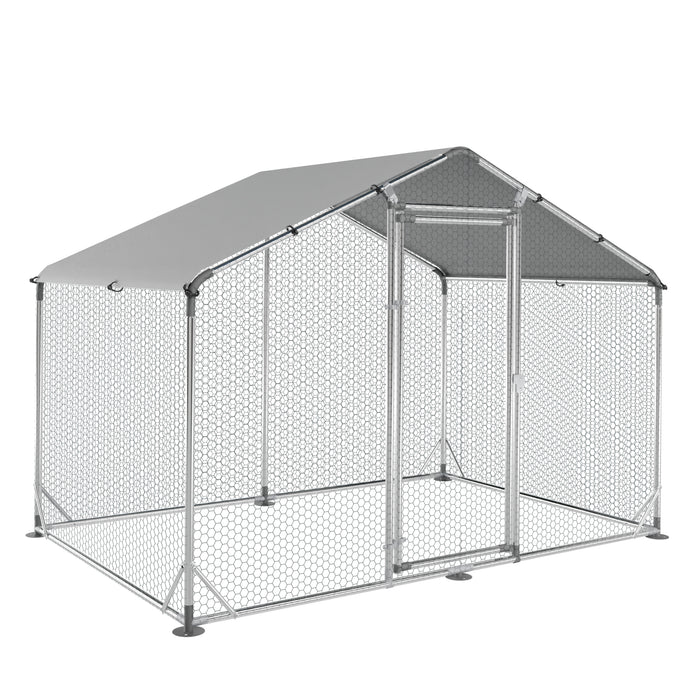






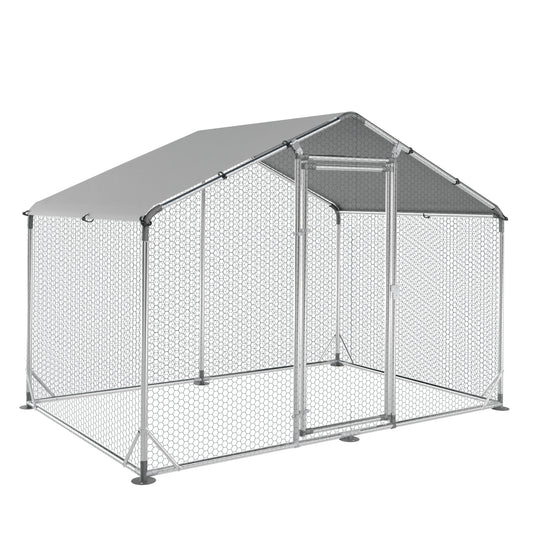

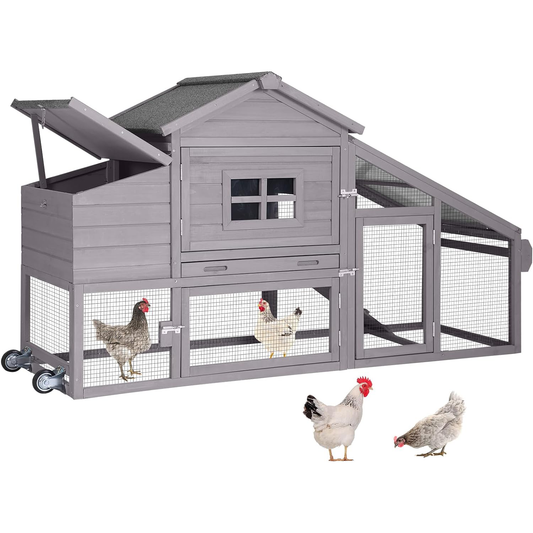

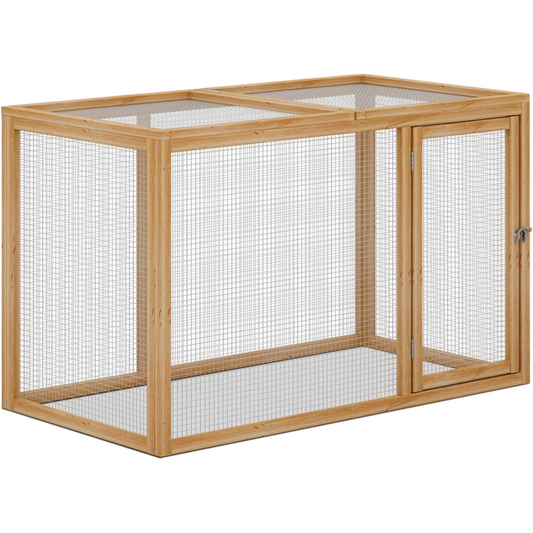

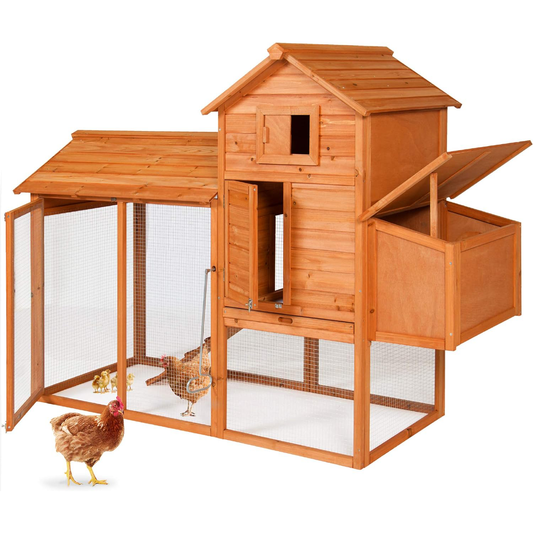





0 comments